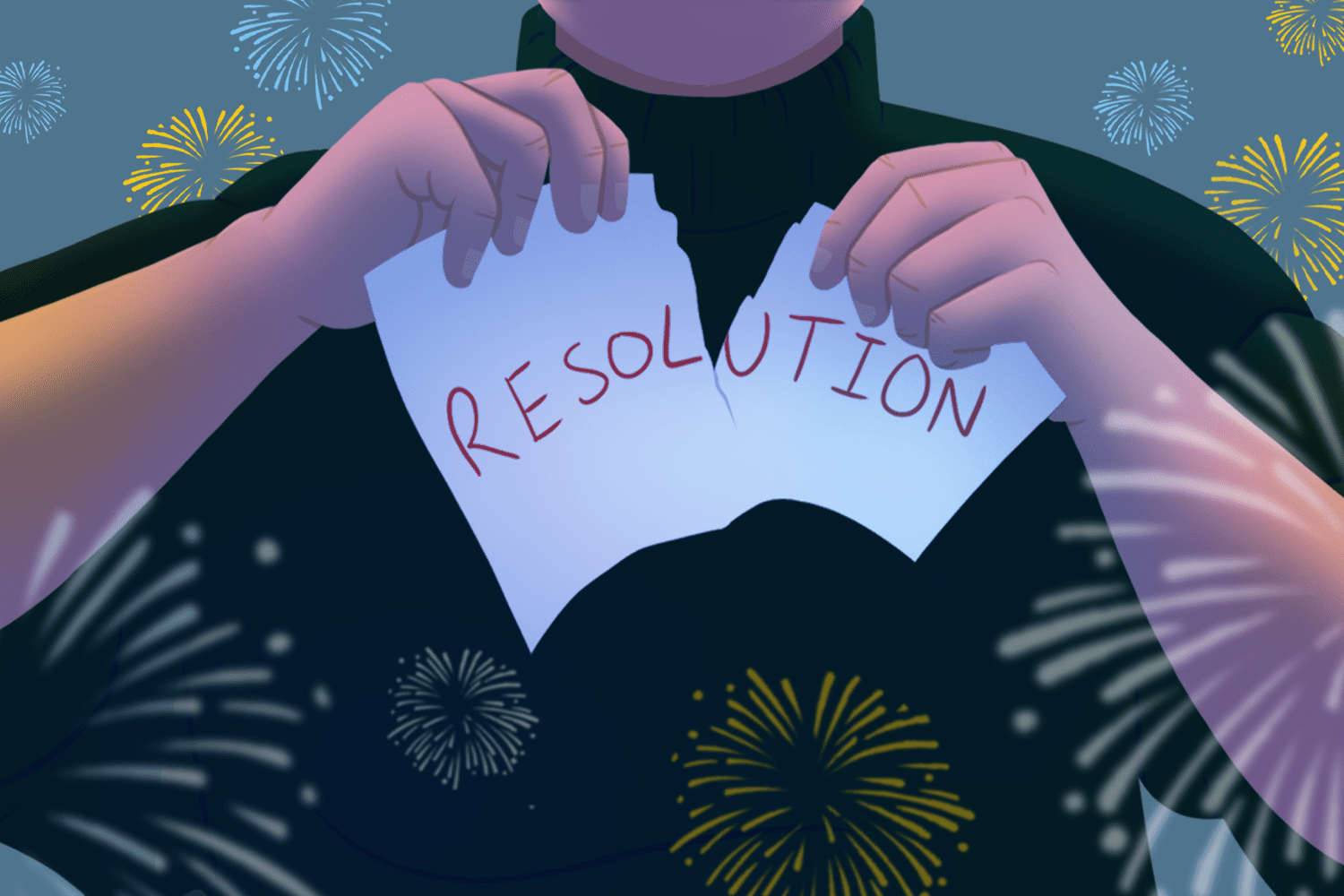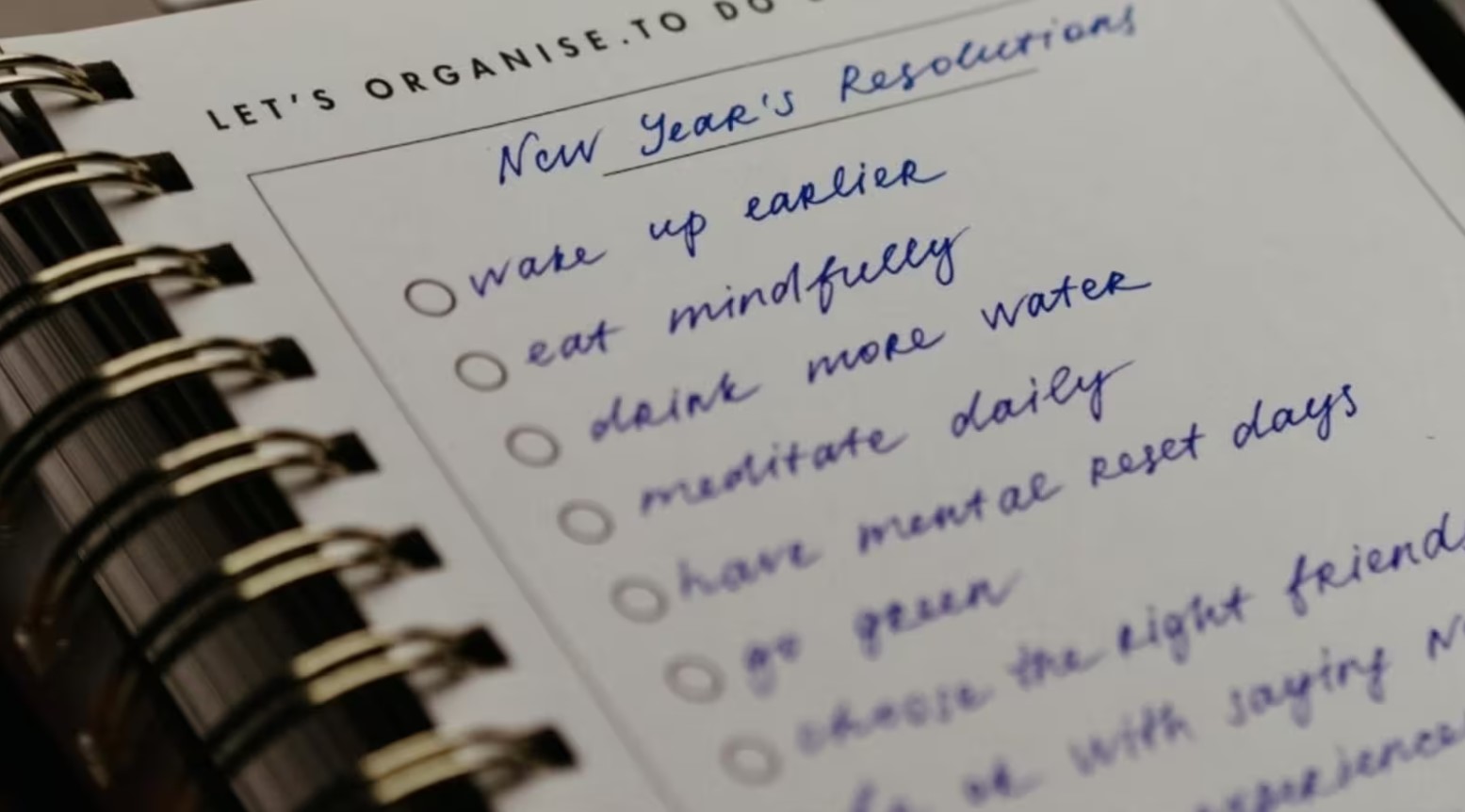
AS THE end of the year approaches, for a number of people there’s a familiar feeling in the air – a mix of celebration and regret.
For every joyful post about accomplishments and milestones reached, there’s an equal, often unspoken, pang of guilt. The resolutions we set in January feel like unfinished homework we promised to complete but never did.
The ‘love handles’ around the waist that were left unshed, the books that remained unread, the habits that never quite stuck – all of it looms larger and larger as the year draws to a close.
But here’s a truth worth holding onto: What’s done is done. And more importantly, what’s not done is also done.
It’s easy to look back and see all the things you could have done differently. Maybe you should have worked harder, planned better, or started sooner. But replaying the past like a broken record doesn’t change it. It only traps you in a loop of regret and self-blame.
Take Frodo from The Lord of the Rings. At one point in his journey, he laments the burden of carrying the One Ring, wishing he didn’t have to face such a monumental task. Gandalf’s response is as wise as it is comforting: “All we have to decide is what to do with the time that is given us.”
The same applies to us. What’s done is done. What’s not done is also done. All that remains is the question: What will you do with the time ahead?
The myth of a ‘perfect’ year
Let’s debunk a common myth right here and now: No one has a ‘perfect’ year. Not even the most disciplined, organised, or seemingly successful people.
Life isn’t a smooth, linear journey; it’s messy and unpredictable. There are setbacks, distractions, and moments of sheer exhaustion.
Michael Jordan, arguably the greatest basketball player of all time, once said, “I’ve missed more than 9,000 shots in my career. I’ve lost almost 300 games. Twenty-six times, I’ve been trusted to take the game-winning shot and missed. I’ve failed over and over and over again in my life. And that is why I succeed.”
If someone like Jordan could look at failure as part of the process, why shouldn’t we? A resolution missed isn’t a failure; it’s a reminder that progress is rarely a straight line.

So let’s think back to January 2024. What was the resolution that mattered most to you? Was it to improve your health (stop smoking?), pick up a new skill (learn to swim?), or spend more time with loved ones (especially with the youngest one)?
Now ask yourself: Why did it matter? Often, it’s not the resolution itself but the reason behind it that holds the real value.
For example, if your goal was to exercise regularly, the deeper reason might have been to feel healthier, more energetic, and capable.
Even if you didn’t meet your target, you can still pursue those feelings in the coming year – starting right now. The calendar might say it’s late December, but the truth is, the right time to begin is always now.
The poet Rumi once wrote, “Try not to resist the changes that come your way. Instead, let life live through you. And do not worry that your life is turning upside down. How do you know that the side you are used to is better than the one to come?”
Starting anew
As 2024 comes to an end, it’s tempting to see unachieved resolutions as failures. But what if they’re just unfinished stories? What if they’re waiting for new chapters to be written in 2025?
Instead of carrying the weight of unmet goals into the new year, close the chapter. Accept what’s done is done, learn from it, and move forward.
Here’s what I suggest: Take a moment to reflect, not to regret. Write down three things you’re proud of this year, no matter how small. Then, write down one thing you want to focus on in 2025 – not five or ten, just one.
Let that be your starting point. You don’t need a perfect plan or a grand resolution. You just need the willingness to take one small step forward.
So, if you’re reading this and feeling the weight of 2024 resolutions left undone, know this: You’re not alone, and you’re not behind.
Life isn’t measured by the resolutions you religiously check off one by one, but by the courage you show in starting again. Remember, what’s done is done.
And that’s okay.
Ir Dr Nahrizul Adib Kadri is an associate professor of biomedical engineering and the Principal of Ibnu Sina Residential College, Universiti Malaya.
The views expressed are solely of the author and do not necessarily reflect those of MMKtT.
- Focus Malaysia.



No comments:
Post a Comment
Note: Only a member of this blog may post a comment.